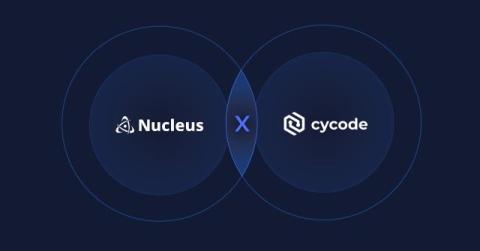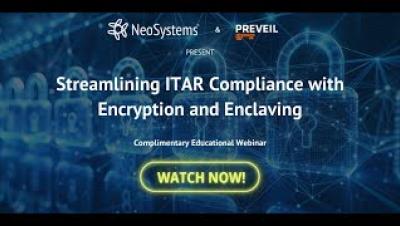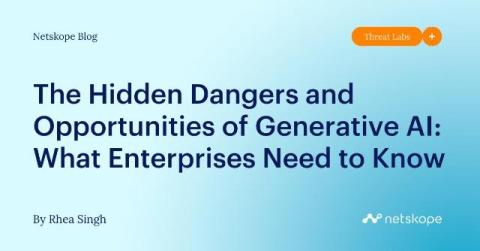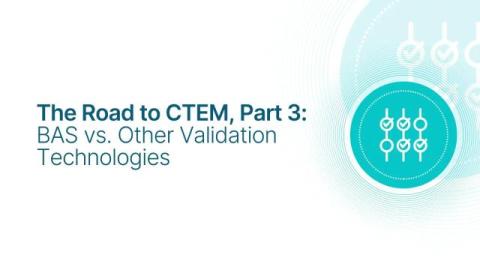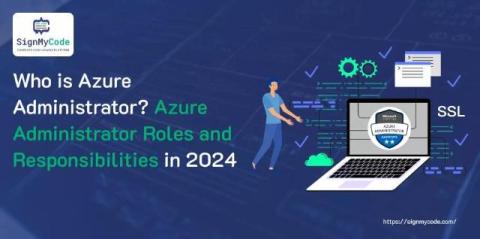Nucleus & Cycode Integration Delivers Unified Vulnerability Management and Application Security
As modern enterprise IT environments become more complex, the need for robust cybersecurity measures continues to grow. Because of this expanding complexity, DevSecOps functions are more common, requiring the integration of security into the application development lifecycle. Application Security Posture Management (ASPM) solutions offer a unified framework for securing the diverse application environment and merging security into the application development process.


